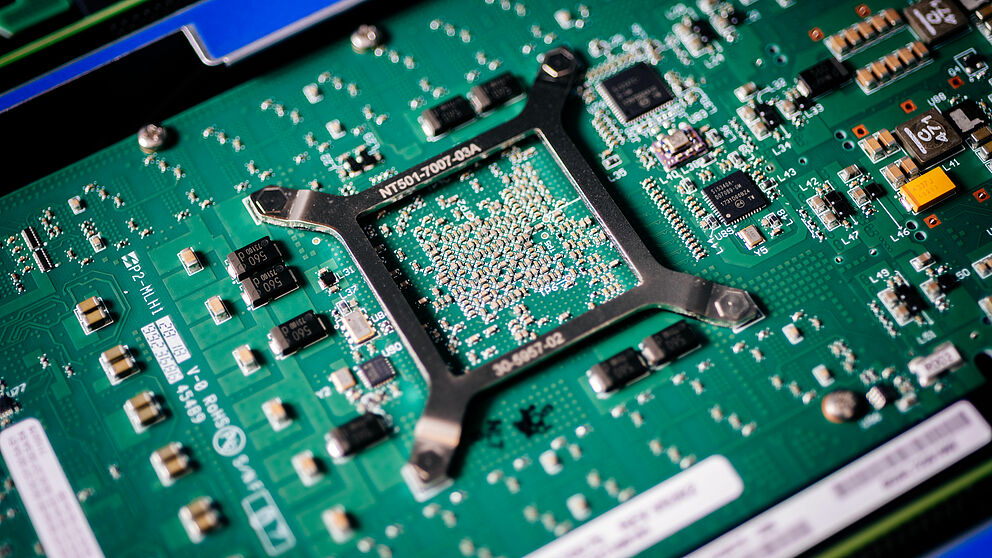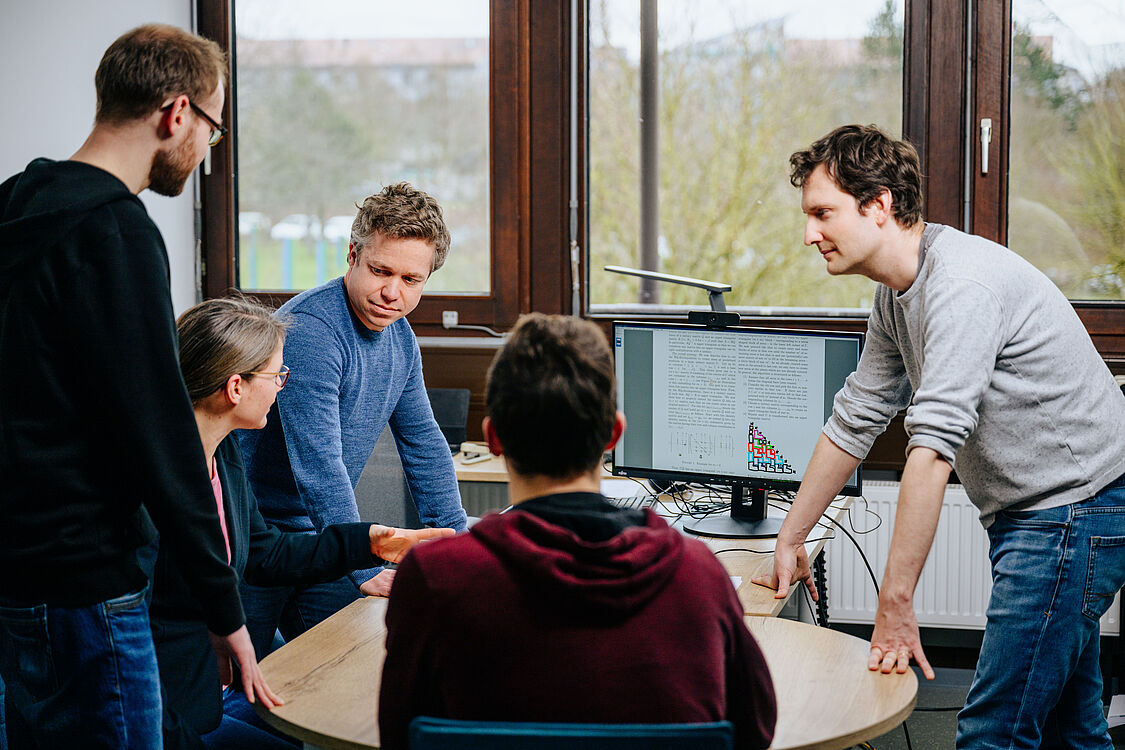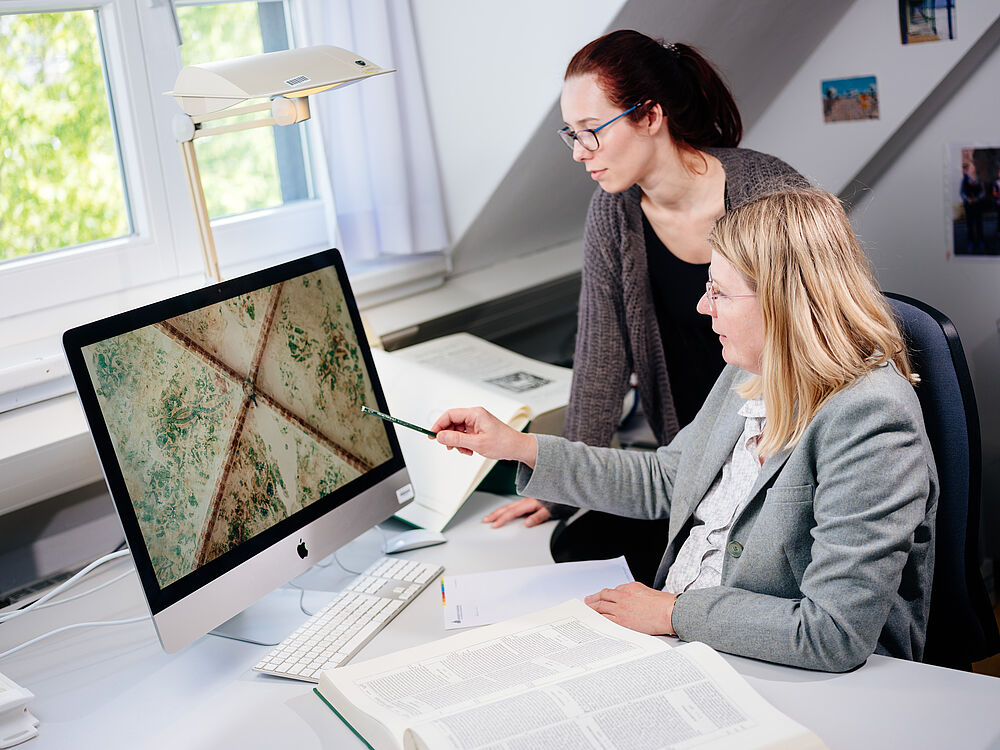1845
Researchers
Date: January 2022
5
Collaborative Research Centres
Date: January 2025
13
Central scientific institutions
Date: June 2023
You could also be interested in:






